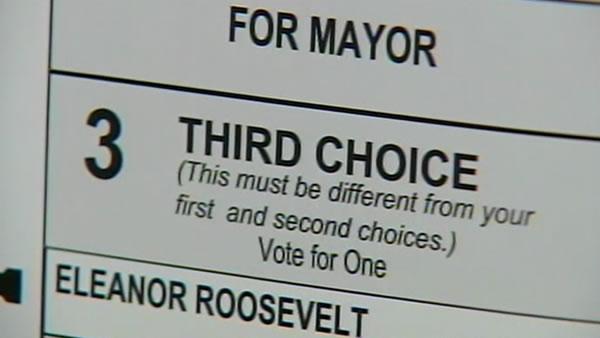Democracy & Civics
Banks Take Aim at Student Loan Plan
|
Opposition is emerging to President Barack Obama’s plan to take private banks out of the student loan business. Student indebtedness has grown to an average of nearly $23,000 per individual, and student loans remain a lucrative business for U.S. banks, earning $85 billion annually, according to news reports. The White House plan would cut out the middleman and let students borrow directly from the government, with the hope of making more money available for loans, while saving an estimated $94 billion over the next decade. Citigroup has already begun an e-mail campaign urging its borrowers to write Congress to oppose the plan, notes Talking Points Memo. And executives for Sallie Mae, the biggest provider of student loans, said if the plan is adopted as proposed, an undetermined number of banking jobs could be lost.


